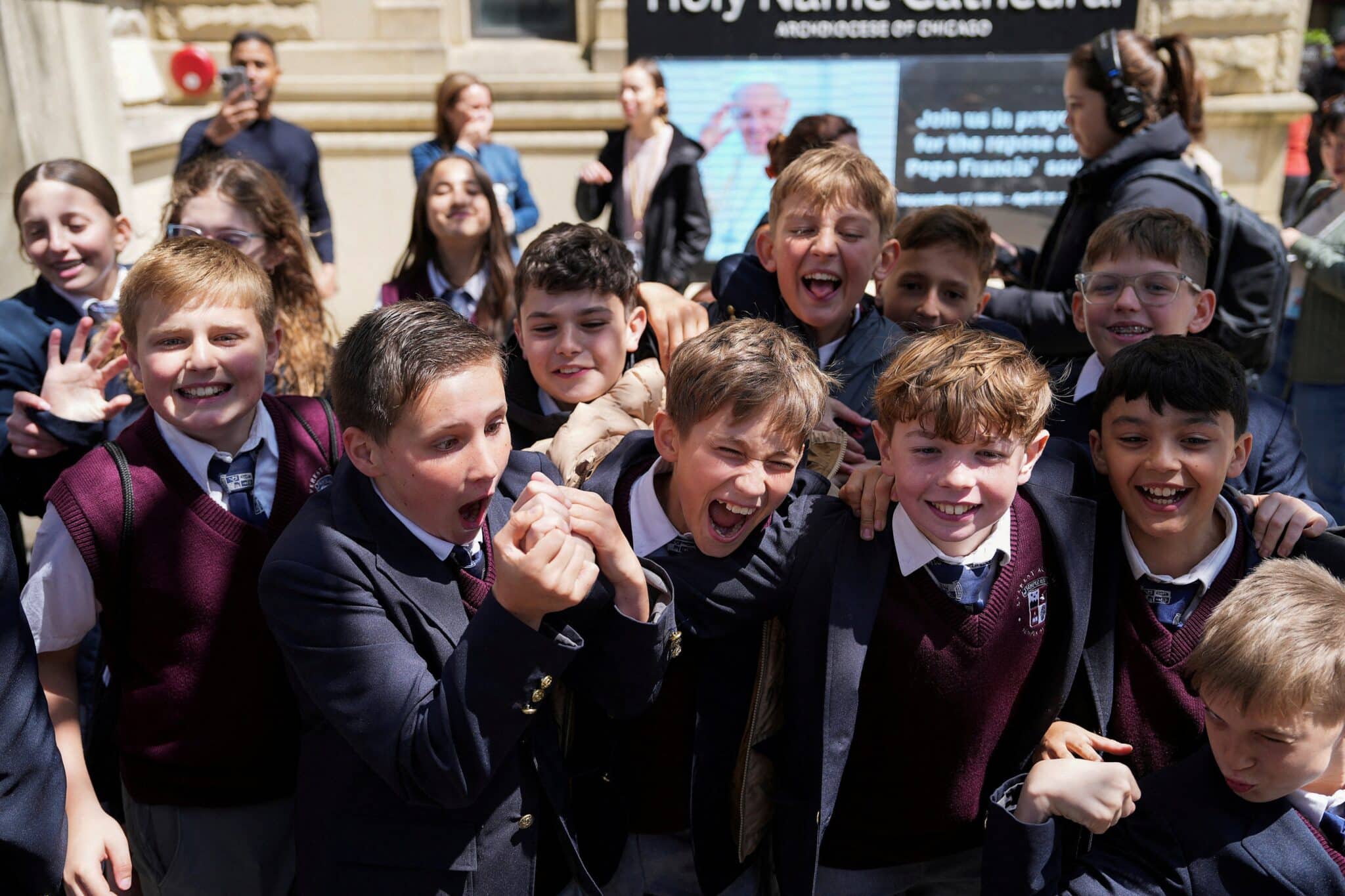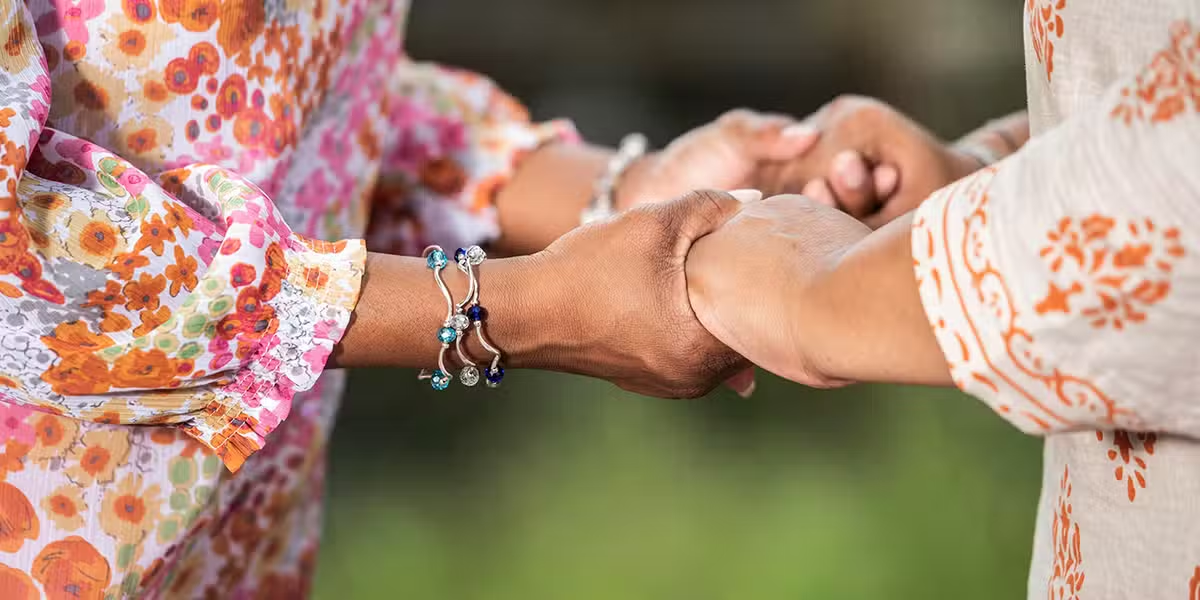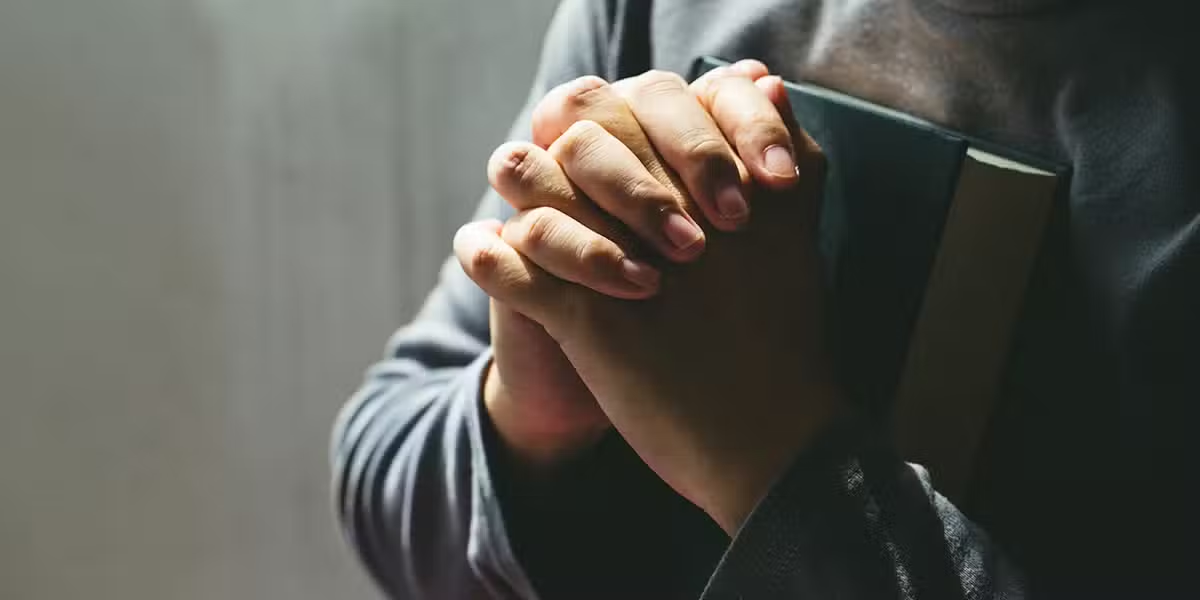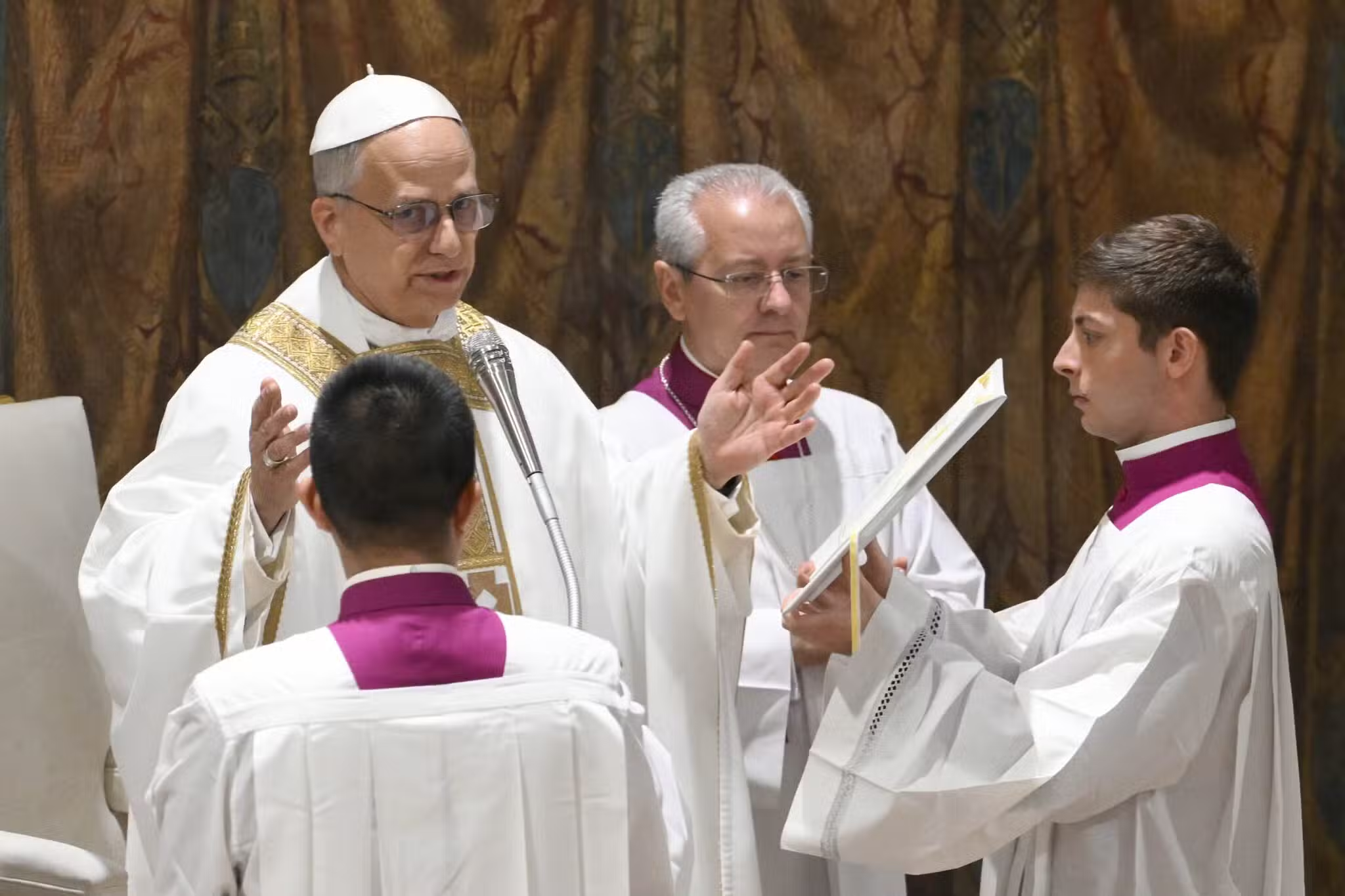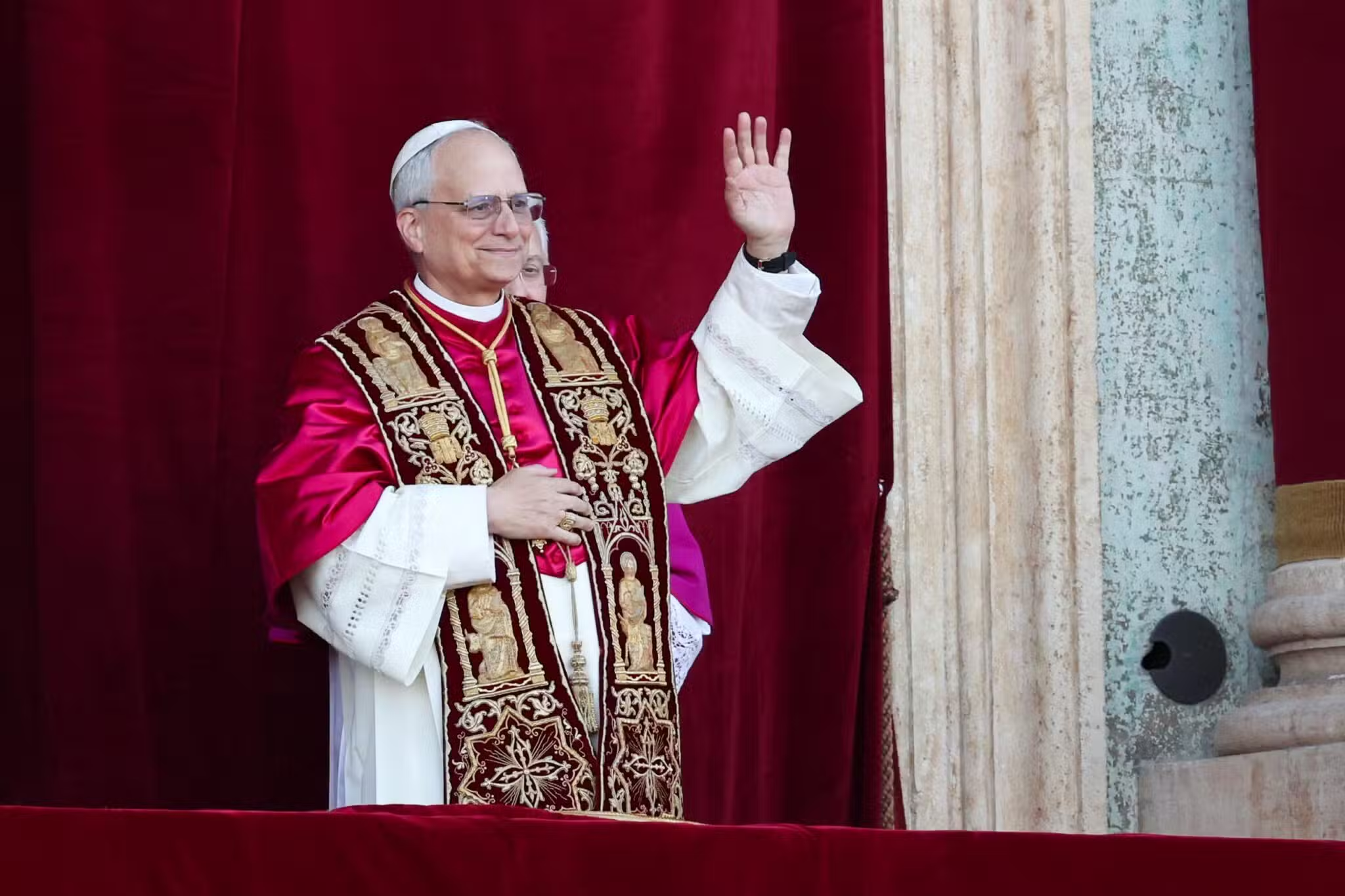With help from Catholic Charities, child refugees escape harrowing conditions to begin new lives in the United States.
Neeha remembers the way the cement stuck to her hands. As a young girl, she was pressed into labor to make bricks to build roads in Myanmar. Desperate when Neeha’s father disappeared and was presumed dead, her mother made the heart-wrenching decision to allow her daughter to do as she herself once had and become a child laborer at age 5: cleaning homes of wealthy families, collecting trash to sell, picking cotton, carrying heavy firewood, planting sugarcane. Describing years of heavy labor, Neeha recalls pain, oppressive heat, and hunger.
When gangs overtook her Central American village, Esperanza’s family paid to get her out of the country. But she was sex-trafficked twice. Finally, escaping over the US border, she was placed in a detention center, allowed asylum, and, finally, refugee status—a vetting process that can take between two and four years.
In southeast Asia, Lan’s family accepted an offer for him to work for another family at age 13. Any family who could afford a servant could feed their child, right? Wrong. The offer was a false pretense for labor trafficking. Lan’s captors sent him to beg for money. If he didn’t get enough, he was tied up and beaten. After escaping, he told authorities, who by mistake called the traffickers, who then re-trafficked him. He would escape again, eventually gaining safe passage to the United States as a refugee with the help of a family who found him living on the streets.
Theirs are modern-day Exodus stories. Long honored in the Judeo-Christian tradition, the account of Moses leading his people from violent, brutal oppression into freedom has played out in many ways across the centuries.
We hear it again in the stories of Neeha, Lan, and Esperanza, child refugees who have made the treacherous journey from their homelands and are starting new lives in the United States. While many children languish in refugee camps, losing an entire childhood, these young people are among the fortunate who gained entry to the United States as part of the Unaccompanied Refugee Minors program.
After being placed on a waiting list with the US Conference of Catholic Bishops, they have been paired with foster families through Catholic Charities of Santa Clara County in San Jose, California. The agency matches unaccompanied minors with families who have undergone intensive home study, training in native cultures, and certification.
The staff has found that being selective and spending much time educating families pays off in the long run. It means that children arriving with trauma in their backgrounds and subsequent mental health issues might be spared another painful rejection if an inadequately prepared family discovers they simply can’t cope.
Family Opens Home, Hearts to Newcomers
Neeha is among those who have been placed with a foster family through Catholic Charities after gaining refugee status. Her foster parents, Simon and Marciella, rent a small house that they share with their children Sam, 11, and Charlotte, 9.
“We had a good life before,” they say, smiling. “But now there’s more joy than ever!” They refer to enlarging their family with Neeha, now 14, and Samir, 16, a refugee from Somalia. As Charlotte says, “We have food, each other, warm beds. I’m really happy we can give others opportunities they might not have had.”
At first, Simon and Marciella’s children were nervous about sharing their rooms with “strangers.” But Marciella relaxed when she overheard, through paper-thin walls, the first conversation between the two boys. Samir had just arrived and hadn’t understood how to get hot water in the shower. Even after a cold shower, he confided to Sam, “The toothpaste is so nice. The bed is so nice. Do you think there’s a soccer team here I could play on?” After years of living vulnerably, his new home must have seemed like paradise.
Samir, like many refugees, is an expert at soccer because often that was the only entertainment in the camps. So the second annual One World Cup game will take place this spring at Archbishop Mitty High School in San Jose, where teams of refugees and US-born students are mixed. The youths with refugee status shine, proudly wearing their team jerseys and hearing their names pronounced correctly on loudspeakers—legitimate and important. US-born students learn directly, “Refugees are just like other kids.”
Neeha: ‘God Always Helps Me’
Of course, there are challenges as well. Simon, a youth minister, and Marciella, who works in nonprofit fund-raising, spend hours commuting to get the four children to school and activities. Sometimes there are quarrels in the car. But when they get home, they shine the headlights on a hill, blast music from the radio, and “shadow dance” to shift the energy before entering their home.
After all Samir and Neeha have endured, they sometimes question the need for house rules, but they understand these must be consistent for the younger children. They have frequent family meetings; during one, Sam called his dad out of the room to coach: “You’re closing doors. Here’s how to rephrase that message.” They enjoy monthly dinners with other foster families, where they compare notes on a different way to parent. The kids find it easier to connect with those who’ve had similar, difficult backgrounds.
At a deeper level, Neeha struggles with dramatic contrast and grief. “My life is so beautiful, but my family’s life is so hard,” she says. After working in Thailand, Malaysia, Singapore, India, and Indonesia, she lived in a UN shelter for girls who were trafficked. She heard she was going to the United States a year ago, with only one night to tell her friends goodbye.
Neeha had been separated from her mom for five years, but after she reached the United States, they were reunited in one phone call. Afterward, her mom cooked for neighbors to celebrate that her daughter was still alive. Shortly after that joyous call, however, Neeha’s mother died. “There are no words to describe it,” says Neeha. “My faith as a Rohingya Muslim helps, because God loves my mom and me. God always helps me.”
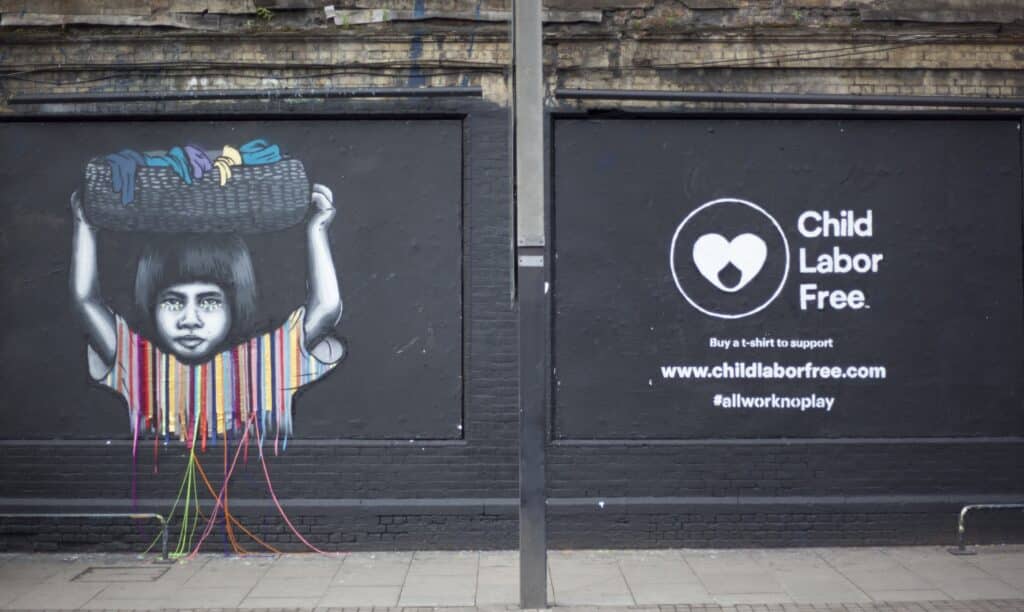
The teen had never been to school, so her hand trembled the first time she held a pencil. Although she knew seven languages, English was not one of them. So she’s struggled mightily to keep up. It took two weeks to learn to pronounce “spectacular,” but now she savors the syllables and dreams of becoming a doctor some day. “I felt spectacular graduating from eighth grade! My mom would’ve been so proud; she would’ve cried with happiness.” One of her favorite activities is dancing: “When I dance I feel like all hard things go away. . . . When people clap for me, I think it is my mom clapping for me.” She’s also aware that most friends her age who remained in Myanmar are married and have several children by now.
Neeha’s younger brother and grandmother, also Rohingya Muslims, remain trapped in a camp for internally displaced people, surrounded by land mines. They sometimes don’t eat for a week, but delight in a daily phone call with Neeha, who sings to try to cheer them. She no longer wears her hijab to school because, sadly, she feels safer without it. When the principal heard that Muslim girls in her school didn’t feel safe covering, she cried. Other students mobilized to blanket the school with messages of welcome and affirmation. Catholic Charities staff members call frequently, help with the logistics of getting to appointments, and send counselors weekly with whom Neeha can speak and cry.
Foster mom Marciella eloquently expresses the struggle between the harsh realities these young people have endured and her faith that God is pres-ent, just as he was for Moses and the Israelites centuries ago.
“At one level, I’m angry at the situations that necessitate foster care. I wish Samir’s grandmother could see him. She took a big risk to help him escape Somalia to safety, but doesn’t know if he made it alive. There’s so much happening in the world it’s easy to turn away, but we can’t deny the evil.
“At the same time, I’ve never felt God so much at work in my life since I’ve done this.”
Helping Young Refugees Begin Anew
Samir and Neeha are two of 106 young refugees in Catholic Charities of Santa Clara County Refugee Foster Care program, second largest in the nation. They are part of the federal Unaccompanied Refugee Minors Program (URM) for youths under 18. The program originated in the 1980s to address the needs of children arriving in the United States from Southeast Asia, fleeing Vietnam after the war because they had neither parents nor guardians to care for them.
- Since 1980, almost 13,000 youths have entered the URM program nationally.
- At its peak in 1985, it provided protection to 3,828 youths.
- As of March 2013, 1,300 youths were in URM care.
The federal Office of Refugee Resettlement (ORR) administers the URM program and determines eligibility. ORR places young people in specific programs in coordination with two agencies: the US Conference of Catholic Bishops and the Lutheran Immigration and Refugee Service.
Although youths from countries restricted under the current travel ban cannot enter the country, Catholic Charities continues to certify foster families for the children who are waiting. “We won’t live in fear, so we continue seeking homes,” explains Angela Albright, division director of refugee foster care. “For the youth, we sponsor workshops on rights, empower students to write Congress, give them the message, ‘It’s not like some countries: The police are here to support you, and you have a voice.'”
Refugee foster children can’t be adopted; they are registered with Red Cross Family Finding. If a family member is discovered, they can sponsor them, but adoption would break the legal tie. “So our training focuses on their being a ‘forever family,'” says Albright, though in California they can be independent at 21.
Age or status didn’t seem to matter, though, when one refugee got his first job at Facebook. He rode his bike to the first day of work, then sent his foster mother a photo of him there, saying, “You taught me to ride a bike!”
Albright speaks glowingly of the children’s resilience: “They want to make the most of this second chance they’ve been given—and give back.”




